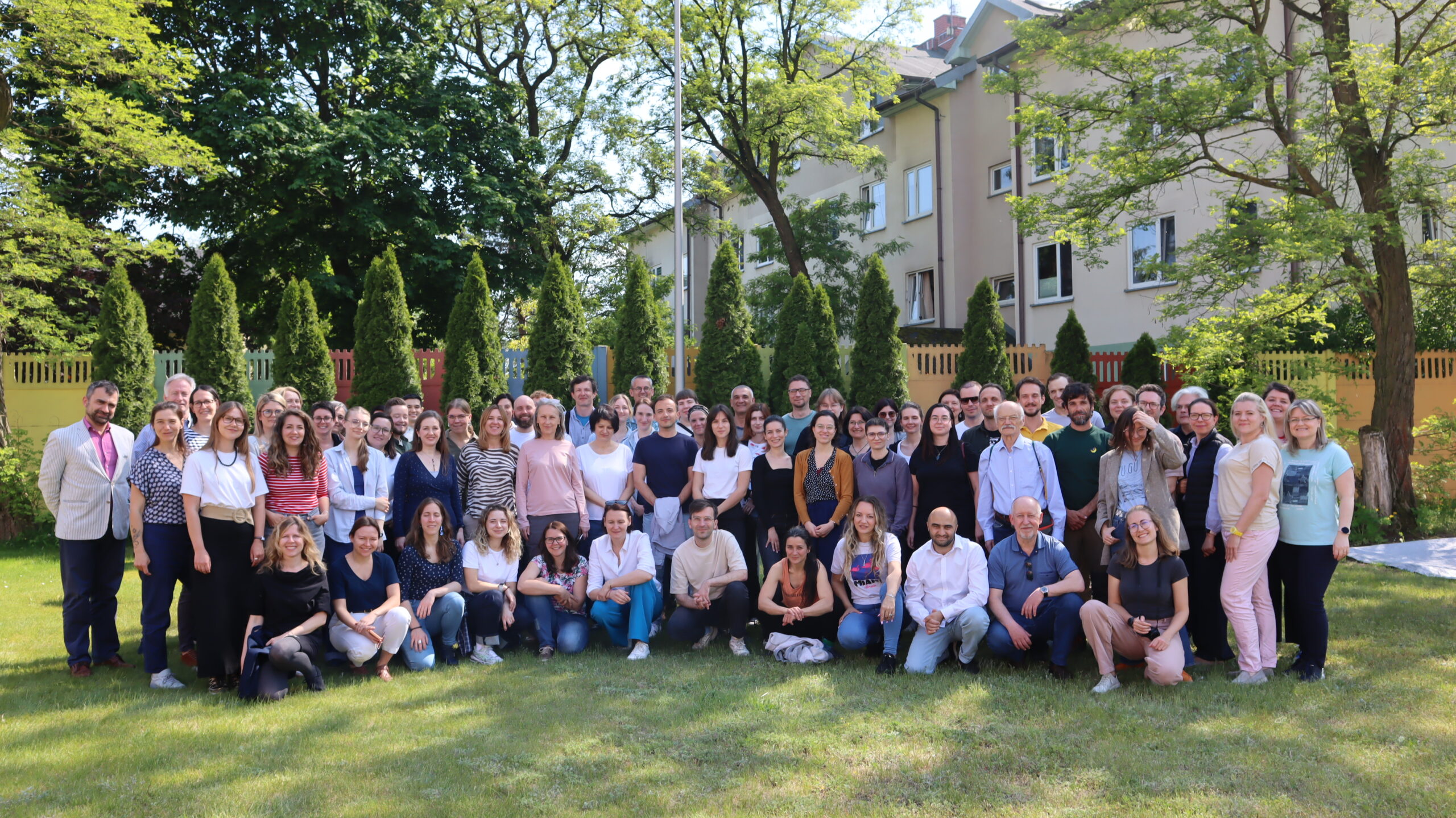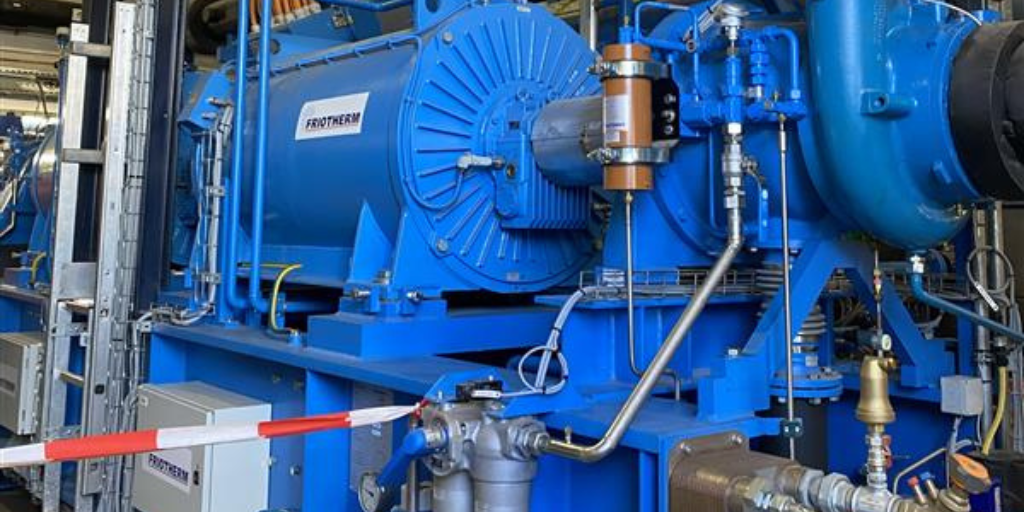June 5, 2025 | Read more Four environmental NGOs have today written to KfW Directors [1], calling once again for an end to ongoing funding for biomass heat and power plants in Serbia, and demanding answers to previously raised concerns that campaigners say KfW evaded in a previous response. The letter follows a visit to Novi Pazar biomass plant which KfW helped fund by representatives of CEE Bankwatch and Earth Thrive.
June 4, 2025 | Read more The European Union’s Social Climate Fund presents Bulgaria – one of the EU’s poorest Member States – with a significant opportunity to tackle energy and transport poverty. Under this funding instrument, the country has been allocated a total of EUR 2.5 billion for the 2026–2032 period. However, concerns are mounting that weak planning, institutional resistance to reform, and a lack of transparency could prevent this funding from reaching the people who need it most.
June 2, 2025 | Read more From grassroots defiance to a force for accountability, Bankwatch’s story begins long before its founding in 1995. Amid collapsing regimes, our network channelled the energy of civil resistance into a brave new experiment in public oversight and transparency.
May 28, 2025 | Read more 68 civil society organisations have today issued a joint statement calling on the EU to ensure dedicated funds for environmental protection and just transition of coal-dependent regions in the Western Balkans in the post-2027 EU budget.
May 27, 2025 | Read more CEE Bankwatch Network and Eko-svest have recently raised serious concerns regarding a proposed coal mining project in North Macedonia. The plan to open a new lignite mine in the Pelagonija region comes as a surprise, as the region is already affected by three other operating mines and the project contradicts the country’s coal phase-out commitments.
May 26, 2025 | Read more On 20 March 2025, Berlin marked a major milestone in its energy transition. Blockheizkraftwerks- Träger- und Betreibergesellschaft mbH (BTB) – one of the city’s district heating suppliers – officially burned coal for the last time at its Schöneweide district heating plant. This decisive step paves the way for a cleaner, smarter, and more collaborative energy future for the German capital – and beyond.
May 14, 2025 | Read more Latvia is rethinking how it allocates its EU cohesion policy funds, as growing security concerns linked to the regional geopolitical climate put pressure on previously agreed green investment priorities. But will this shift towards national defence undermine the country’s long-term environmental and climate goals?
May 13, 2025 | Read more Based on the North Macedonian government and state-owned energy utility AD ESM’s supposed commitment to a green energy transformation and just transition, the EBRD is supporting ESM with liquidity loans and technical assistance. However, in a not unexpected turn of events, the company is moving forward with the opening of a new lignite mine.
May 13, 2025 | Read more Non-governmental organisations in Poland’s post-coal regions face several unique challenges. The specific socio-economic conditions prevalent in these areas often impede the growth of a fully professionalised and well-organised environment that allows civil society to thrive. Yet, despite these challenges, signs of progressive change are emerging.
May 5, 2025 | Read more Supported by international development banks and promoted as a strategic corridor linking Asia to Europe, Georgia’s East-West highway is central to the country’s ambitions of becoming a regional transit hub. With a price tag of EUR 1.2 billion, much of which is financed through loans from the Asian Development Bank (ADB), European Investment Bank (EIB), and the World Bank (WB), the highway construction project was framed as a symbol of progress, promising speed, connectivity and economic growth.
Stay informed
Receive our monthly overviews of the latest developments on the ground.










